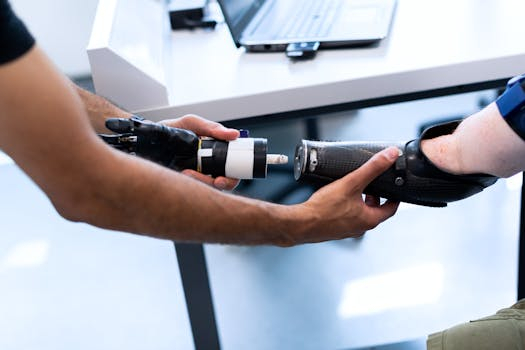AI Integration in Cars: Personalized Features and Experiences
In recent years, there has been a significant increase in the use of Artificial Intelligence (AI) in various industries and sectors. And the automotive industry is no exception. With advancements in technology, cars are becoming more than just a mode of transportation. AI integration in cars has brought about a whole new level of personalized features and experiences, making our driving experiences more efficient and enjoyable. In this article, we will explore the various ways AI is being integrated into cars and how it is changing the way we drive.
The Rise of AI in Cars
AI technology has been making strides in the automotive industry, and according to a report by Grand View Research, it is expected to grow at a CAGR of 39.8% from 2020 to 2027. This growth can be attributed to the growing demand for connected and autonomous vehicles, which require advanced AI capabilities.
Enhanced Safety Features
Safety is paramount when it comes to driving, and AI integration in cars has brought about significant advancements in this aspect. By incorporating sensors and cameras, AI can detect potential hazards and assist drivers in avoiding accidents. For instance, lane departure warning systems use AI to detect when a driver unintentionally changes lanes without signaling and alerts them to correct their actions. Similarly, autonomous emergency braking systems can sense if a vehicle is getting too close to another vehicle and automatically apply the brakes to prevent a collision.
Personalized Driving Experience
With AI, cars can now understand and adapt to the driver’s preferences, making the driving experience more personalized. For example, voice recognition technology allows drivers to control various features of the car, such as navigation and music, hands-free. AI can also analyze the driver’s behavior and adjust settings like seat position, temperature, and lighting to suit their preferences.
The Future of AI Integration in Cars
As technology continues to advance, so will the capabilities of AI in cars. Here are some of the future developments we can expect to see in the automotive industry:
Autonomous Vehicles
With the amalgamation of AI and other cutting-edge technologies like LiDAR, radar, and cameras, fully autonomous vehicles are no longer a distant dream. These vehicles will be able to self-navigate and make decisions, such as changing lanes and merging onto highways, based on real-time data and information.
Smart Traffic Management
AI can also play a significant role in traffic management. By analyzing data from various sources such as sensors, cameras, and GPS, it can help optimize traffic flow and reduce congestion. For instance, it can predict traffic patterns, recommend efficient routes to drivers, and even coordinate with traffic signals for smoother traffic flow.
Enhanced In-Car Entertainment
One of the most significant benefits of AI integration in cars is the potential for enhanced in-car entertainment. With AI, cars can come equipped with virtual assistants, similar to the ones used on smartphones, to provide a more interactive and engaging in-car experience. These assistants can offer personalized music recommendations based on the driver’s listening habits, or even curate playlists based on their mood or destination.
Conclusion
AI integration in cars has transformed the way we drive and is continually evolving to provide more advanced features and experiences. From enhanced safety features to personalized driving experiences and the promise of fully autonomous vehicles, there is no denying that AI is revolutionizing the automotive industry. As technology continues to progress, we can only imagine the endless possibilities of AI integration in cars in the future.


